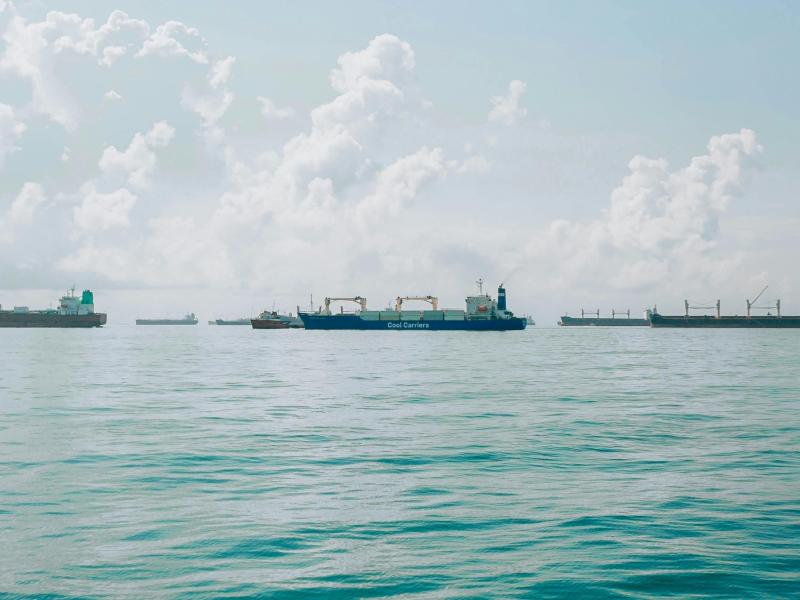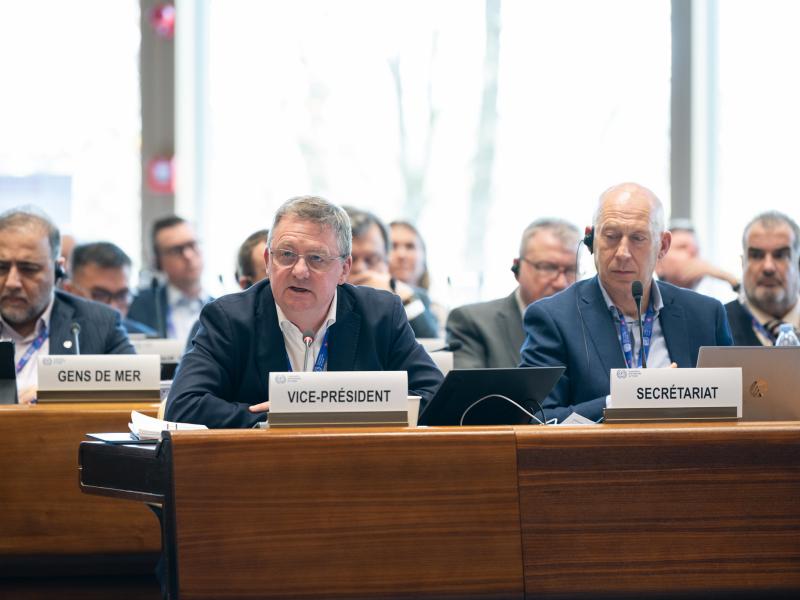International Transport Workers’ Federation (ITF) president Paddy Crumlin has met with key stakeholders in Auckland, New Zealand, about the ongoing campaign to secure NZD30 million in unpaid wages for fishers in the region.
The ITF has contributed to Slave Free Seas’ campaign to claim outstanding wages in the vicinity of NZD30 million through the New Zealand courts.
Mr Crumlin met with senior union representatives from Australia, New Zealand and Papua New Guinea, the Slave Free Seas advocacy group and the Merchant Service Guild as part of the Regional Maritime Federation meeting.
The Regional Maritime Federation brings together maritime unions from Australia, New Zealand and PNG to try to build trade union capacity in the region.
Mr Crumlin, who is also Maritime Union of Australia national secretary, said it was imperative that fisheries workers get better wages and conditions in an industry in which 24,000 people die across the world each year.
"Slave Free Seas acts on behalf of fishers where they have no representation and legal redress,” Mr Crumlin said.
"We commend the initiative of Slave Free Seas as we try to break apart the industrial model upon which commercial fishing is built because it is akin to modern day slavery."
Maritime Union of New Zealand National Secretary Joe Fleetwood said the New Zealand Parliament needed to pass its fishing slavery laws as a matter of urgency.
"The bill has now been pushed number 27 on the parliamentary bills list, placing it in real danger of not being addressed before the upcoming national election,” Mr Fleetwood said.
"This is outrageous. The New Zealand Government is missing in action when it comes to protecting the rights and welfare of fishers in our region."
Johnny Hansen, chair of the ITF fisheries section, offered his full support to the Slave Free Seas’ campaign and to Joe Fleetwood and his colleagues in MUNZ in their battle to end the modern slavery in the fishing industry. "This fits in very well with the work programme of the ITF fisheries section," he said, "And all inititiatives taken to combat this are most welcome and can count on our support."
It is almost two years since the government concluded a ministerial Inquiry into the use of foreign charter vessels after national and international accusations of slave labour in New Zealand waters.
The legislation to implement the recommendations, including a requirement that all vessels be New Zealand flagged by 2016, is yet to be passed.
New Zealand’s use of cheap labour on fishing boats was scathingly labelled ‘21st Century slavery’ in a US State Department report released in mid-2012.
It cited conditions of forced labour, including debt bondage, imposition of significant debts, physical violence, mental abuse and excessive hours of work aboard vessels in New Zealand waters.
The issue was mentioned more recently in the Global Slavery Index and will continue to be an embarrassing topic of discussion until the Government gets its act together and passes the necessary law.
Slave Free Seas is a team of the world’s foremost experts on modern slavery, including international lawyers specialising in human rights and maritime law, world-leading academics, and advocates from the private sector.
While still involved with the legislative changes in the New Zealand fishing industry, the group's focus is on the development of a global legal toolbox to effectively end labour exploitation and abuse wherever it occurs in the fishing industry across the globe.
ENDS
For more information contact ITF press officer, Sam Dawson.
Direct line: + 44 (0)20 7940 9260.
Email: dawson_sam@itf.org.uk
International Transport Workers' Federation - ITF:
HEAD OFFICE
ITF House, 49 - 60 Borough Road, London SE1 1DS
Tel: + 44 (0) 20 7403 2733
Fax: + 44 (0) 20 7375 7871
Email: mail@itf.org.uk
Web: www.itfglobal.org



